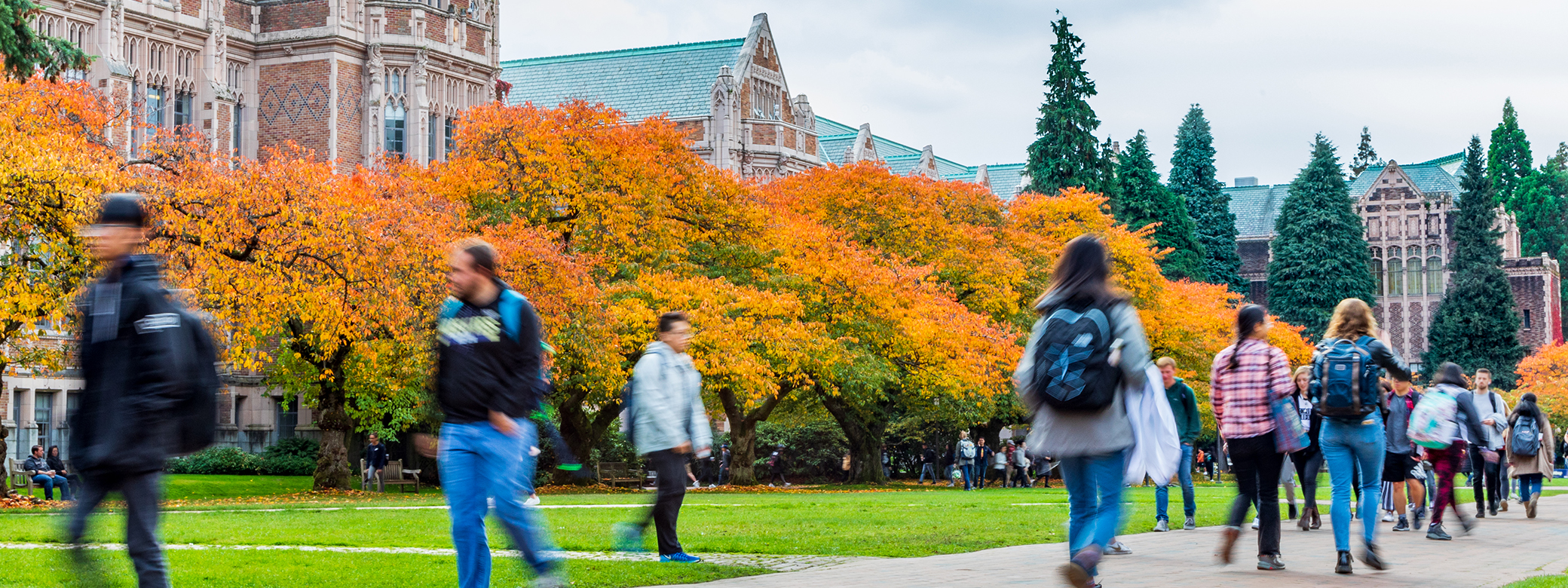-
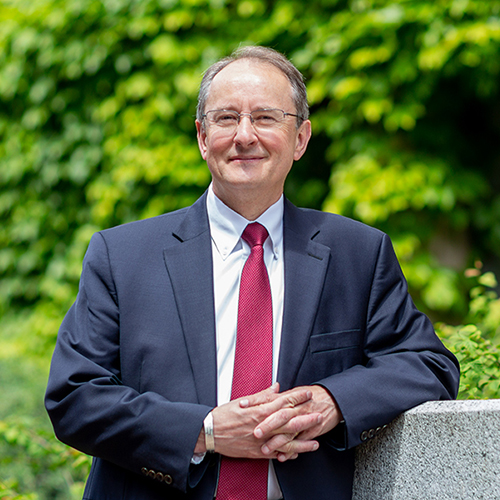
From the Dean
Dean Robert Stacey celebrates the College's 2018-2019 accomplishments.
June 2019 Perspectives -

For Love of Stories
Grecia Leal Pardo (BA, 2019) celebrates stories and storytelling.
June 2019 Perspectives -
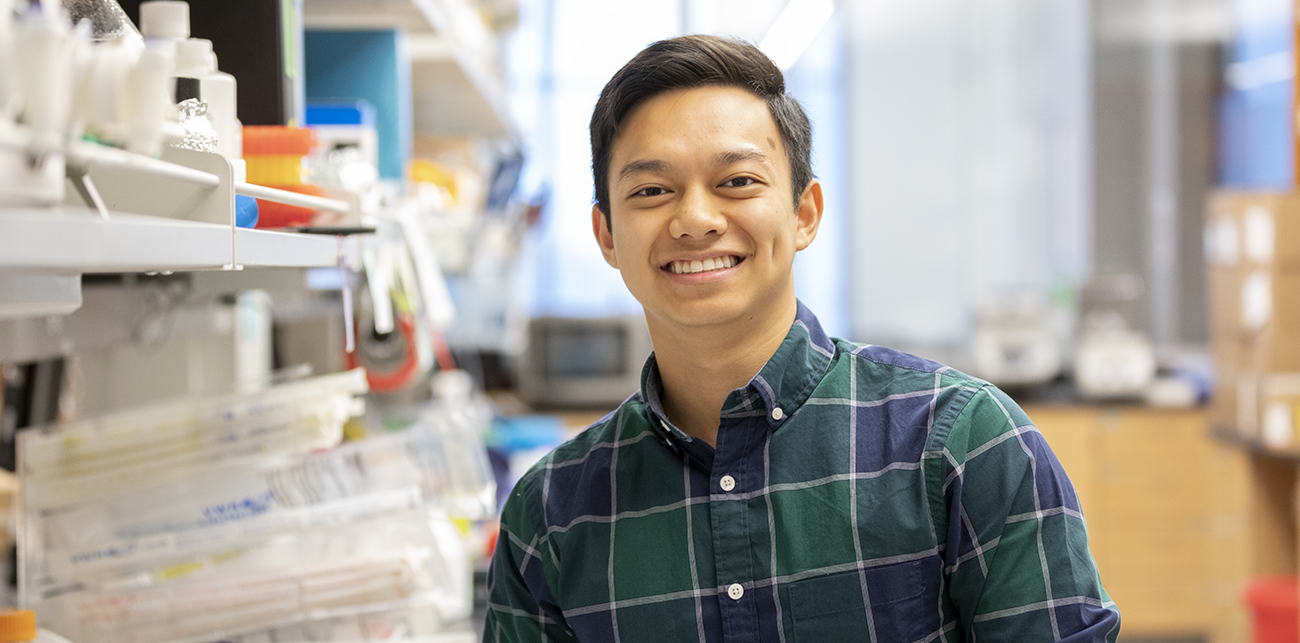
Trying it All, for Health Care
To learn about health care, Thomas Khuu (BS, 2019) tried a little of everything at the UW.
June 2019 Perspectives -
What Orwell’s ‘1984’ tells us about today’s world, 70 years after it was published
Stephan Groening, Assistant Professor of Cinema and Media Studies, explains the significance of Orwell's novel in today's world
06/13/2019 | The Conversation -
Tatiana Toro – Distinguished Graduate Mentor 2019
Tatiana Toro, profess of mathematics, on her most important contribution–when her mentees achieve their goals
06/12/2019 | UW News -
New icebreaker plays role in national security
Scott Montgomery, lecturer at the University of Washington’s Jackson School of International Studies, explains what role the Arctic plays in keeping the nation safe.
06/12/2019 | KUOW -
Interrupting Privilege
UW professor Ralina Joesph is teaching people to talk about race across generational and racial lines
06/12/2019 | Simpson Center for the Humanities -
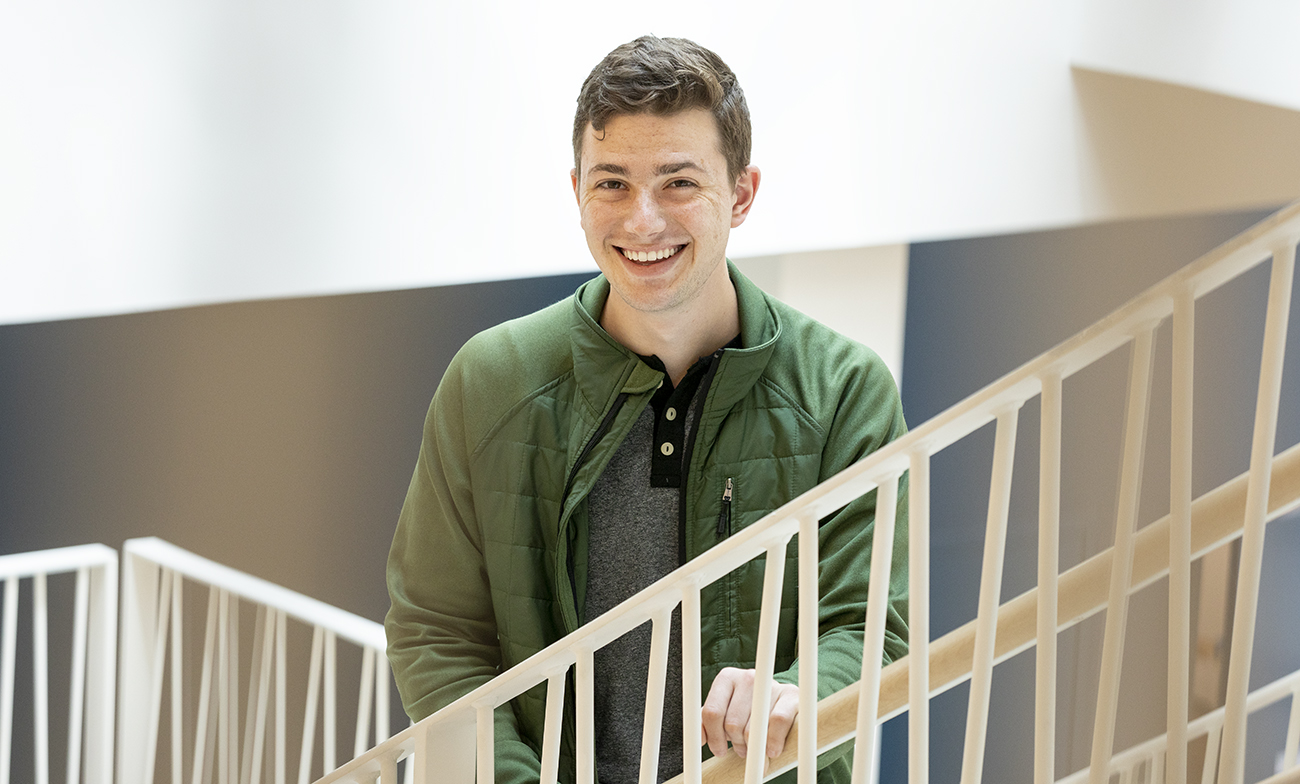
Down to Earth, In Turkey
Ryan Robinson (BA, 2019) digs deep for archaeological research.
June 2019 Perspectives -
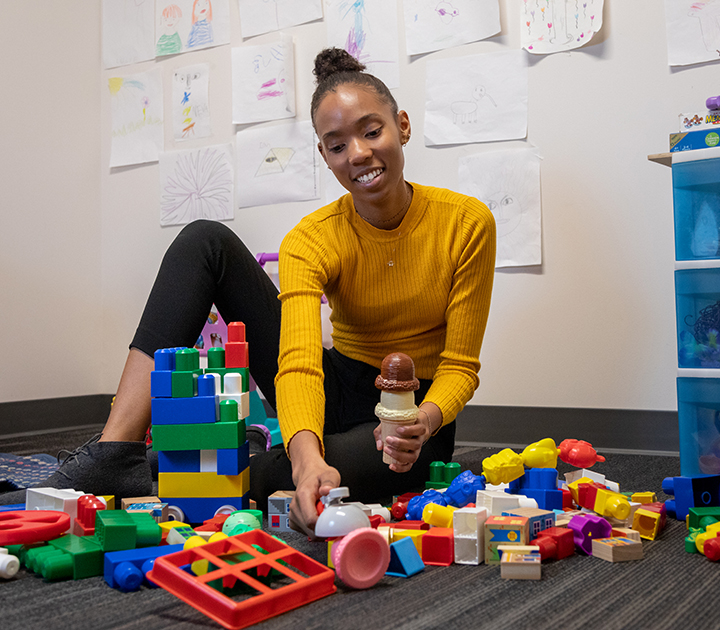
In Praise of Mentors
UW mentors inspired Deja Edwards (BA, 2019) to accomplish more than she'd ever imagined.
June 2019 Perspectives -
UW’s Pacific Northwest English Study seeking new group of research participants for summer 2019
Is there a Northwest accent? The Pacific Northwest English Study is about to begin a new, three-year research project listening to voices from throughout the region.
06/10/2019 | UW NEws
